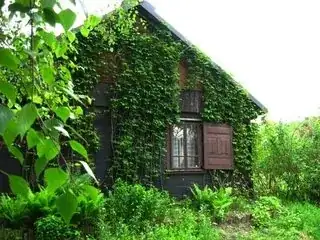I'm planning on covering the stucco (which has a texture like this) on the back facing walls (faces west) of my house with a creeper. I'd rather the plant not grow any roots on the walls and adhere to the substrate by disks or any other similar mechanism. An obvious choice for this is the Virginia creeper (Parthenocissus quinquefolia), which is native to eastern and central USA. However, I'm not sure if the plant grows well in southern California (hardiness zone 10) and I'm looking for alternatives to choose from.
Some traits that I'd like are:
- Flowers year-round (or as much of the year as possible). Winters are mild (8–13 ºC or 46–55 ºF) and there is no frost. Fragrant flowers are preferable, but is not a must.
- As mentioned earlier, the creepers must not produce root structures on the substrate or in any way damage it. Getting rid of it (if I need to, in the future) should be as simple as clipping the stems at the bottom to cut off all supply and pulling it down.
- Should stay flat against the wall instead of growing outwards like a hanging bush.
- Should be easy to maintain and not ooze sap or any other icky stuff.
- Should grow reasonably fast. The wall is roughly (off the top of my head) 35'x10' (a lot less if you discount for the windows & patio door), and I'd like it covered within 12–18 months (24 months at most).
The general look that I'm aiming for is:

What are some possible choices that I can look into? Will my initial suggestion of Virigina creeper be a good fit for my climate?